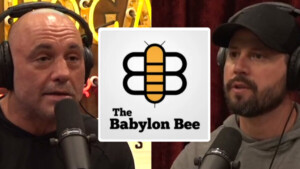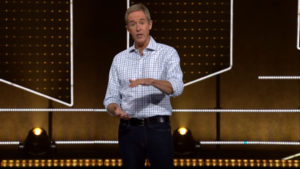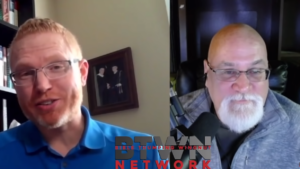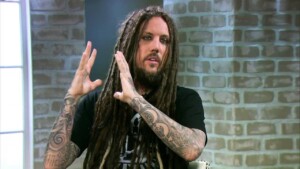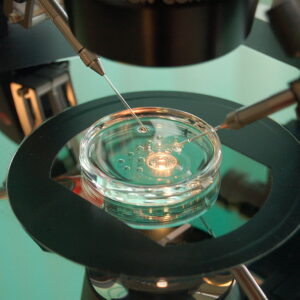
The Christian Art Of Adopting Frozen Babies- And Why You Might Want to Consider It
Preamble Several years ago I did an interview with a friend shortly after his wife gave birth to a ‘snowflake baby’- an affectionate and mildly tragic moniker given to children created in a lab who were frozen and then thawed before being implanted and ultimately born. Their baby was conceived


